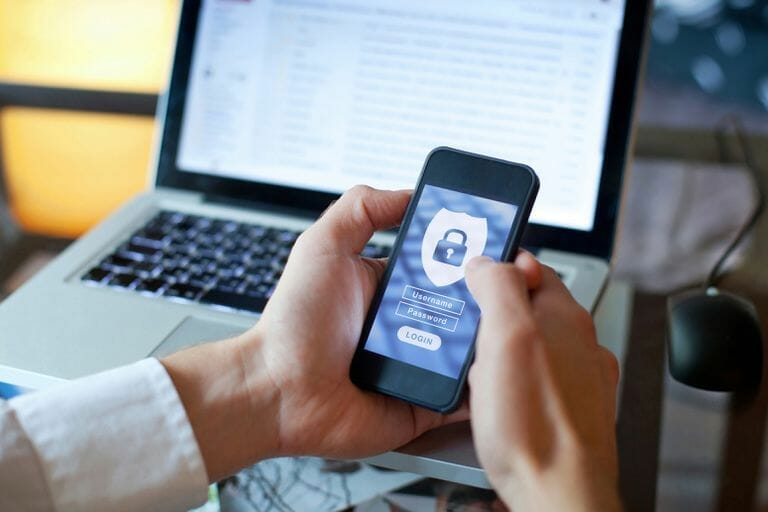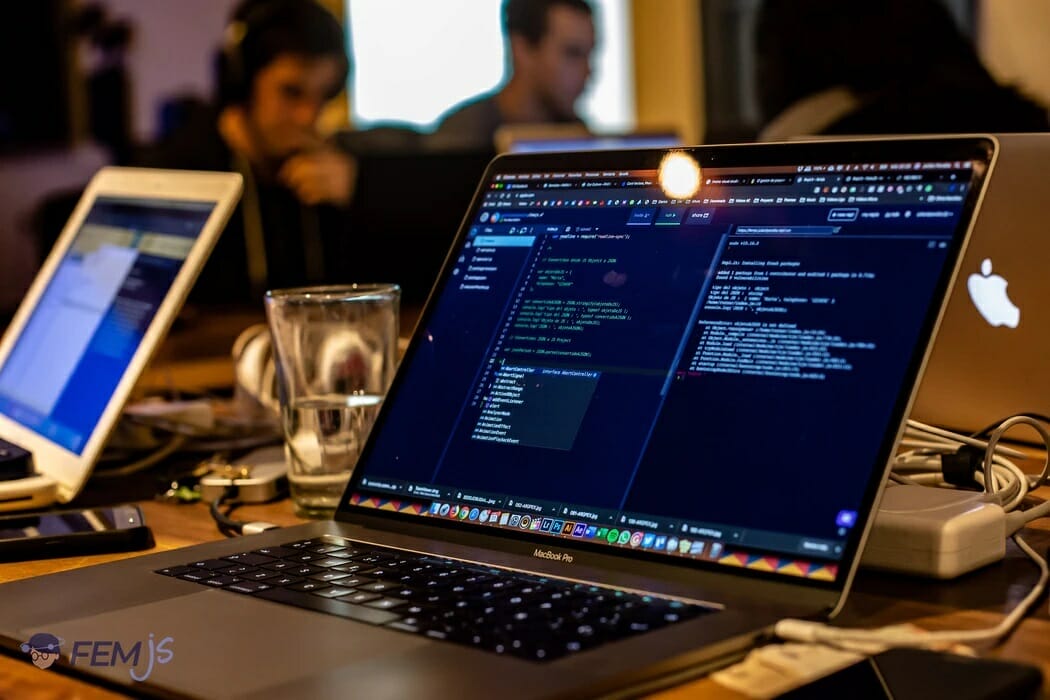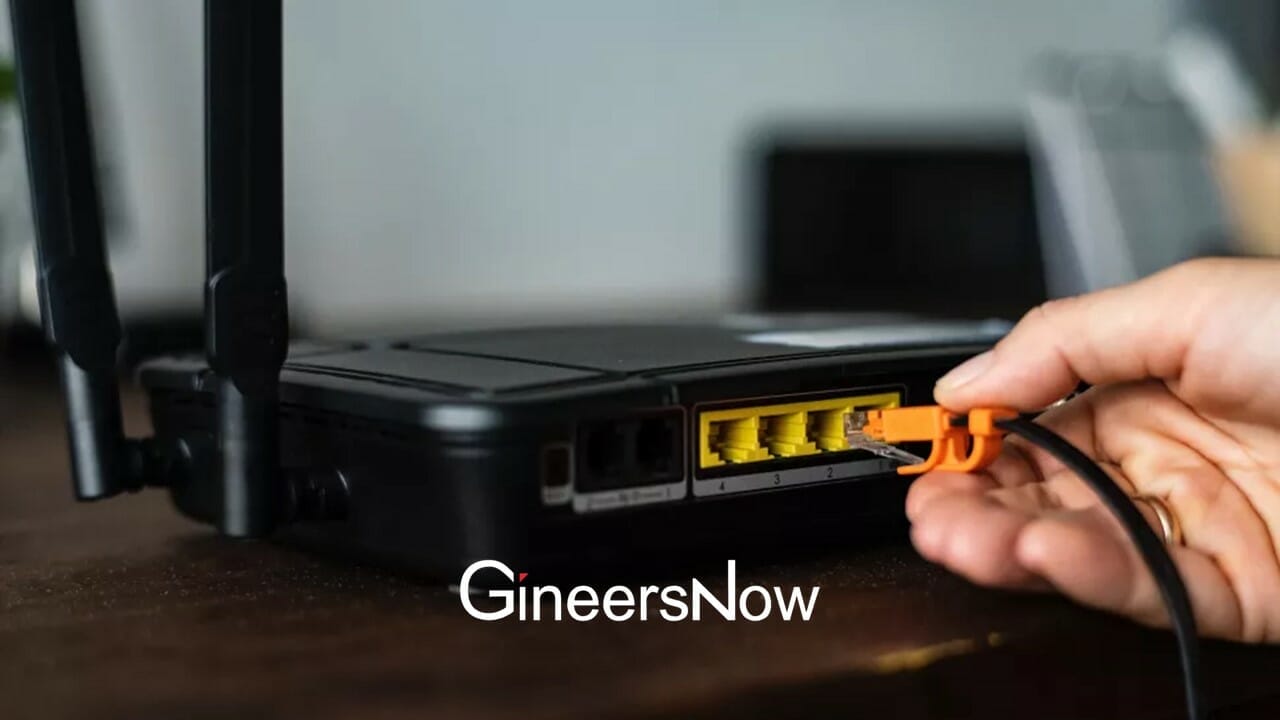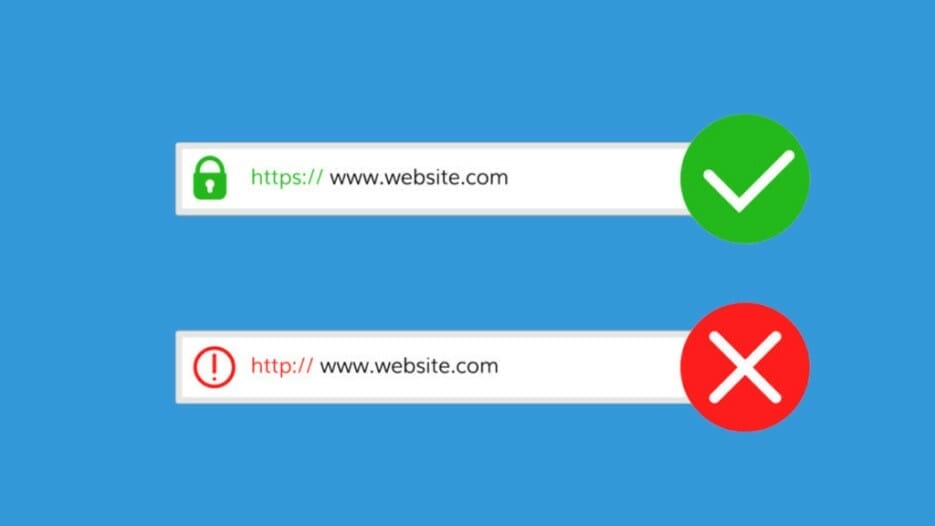Common Cybersecurity Mistakes.
A startup involves plenty of important decisions like planning of the business, marketing strategies to grow the business, getting funds and many other aspects, which are considered primary for almost all the startups. In between all these important decisions, the importance of cybersecurity can be overlooked. However, overlooking the cybersecurity elements can result in a heavy problem for any business, let alone a startup. Therefore, it is important to take special care of the different cybersecurity essentials. If you have a startup, then you need to avoid the following five common cybersecurity mistakes.
1. Giving Access Rights To Everyone
While working in a startup, it is important to take care of the administrator’s rights. Often, without critical thought, administrative rights are shared with everyone and this is a mistake that should be avoided at all costs. It is often thought that freely giving the access rights avoids the hassle of giving access again and again to the required team members. However, it is better to address new requests for access than to give free access to everyone. Cyber accidents can be avoided by having strong control over access rights. These rights should be held by only the important people and not by everyone. This will also help in improving the accountability amongst the team members too.
2. Shared password
Sometimes, in order to avoid additional costs, one account is shared amongst multiple team members. Having a shared account means having a shared password too. The higher the shared password, the more the chances of having an incident where the password is compromised. Not only passwords should be kept a secret but also, the IP address should be hidden too for ensuring digital safety. If you do not know your IP address yet, you can check it on What Is My IP. Giving different employees their unique passwords also helps to identify the source of compromise too. Therefore, try to give a unique account with a unique password to all the employees. Also, the workers should be encouraged to have unique and strong passwords. They should be discouraged to keep passwords that are easily guessable.
3. Absence of two-factor authentication
The presence of two-factor authentication is not only important for the private accounts but also for the work accounts too. The absence of two-factor authentication creates more risk of password compromise. In order to have tight security over a work account, two-factor authentication is a must. The option of having two-factor authentication is not possible for all the software. However, if support or a system supports two-factor authentication, the employees should be encouraged to use it. Two-factor authentication provides an additional layer of security to any account.

4. Keeping the computer or laptop unlocked
While working in an office, it is normal to take a break. Many employees, while taking a break, do not lock their computer or laptop with the thought that they will be returning to their work desk soon along with another thought that the laptop or computer is safe amongst the other colleagues. However, this is not often the case. An office can be visited by any third party and also, in the absence of any third-party people, it is equally important to take care of one’s privacy. Encourage the employees to keep the computer or laptop locked when they are not at their work desks. This is a habit that should be practiced even when one is working remotely from home.
5. Lack of email security
Emails are extremely vulnerable. Most of the phishing attacks take place through emails and even with this knowledge, email security is something that is not considered important. Emails, in fact, are extremely prone to different cyberattacks. According to a DMR report of DMR, an average employee receives 120 emails which might also include phishing emails. Therefore, it is important to focus on email security and also help the members of the startups to identify phishing emails.
Another common cybersecurity mistake that is seen in almost all startups is a lack of security training among the employees. Even though many startups train their employees in acquiring new skills, cybersecurity training is something that is commonly overlooked. Lack of cybersecurity results in cyberattacks. Training the employees with cybersecurity rules and regulations can be extremely helpful in preventing cyberattacks.











